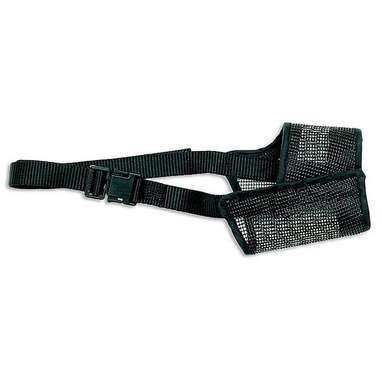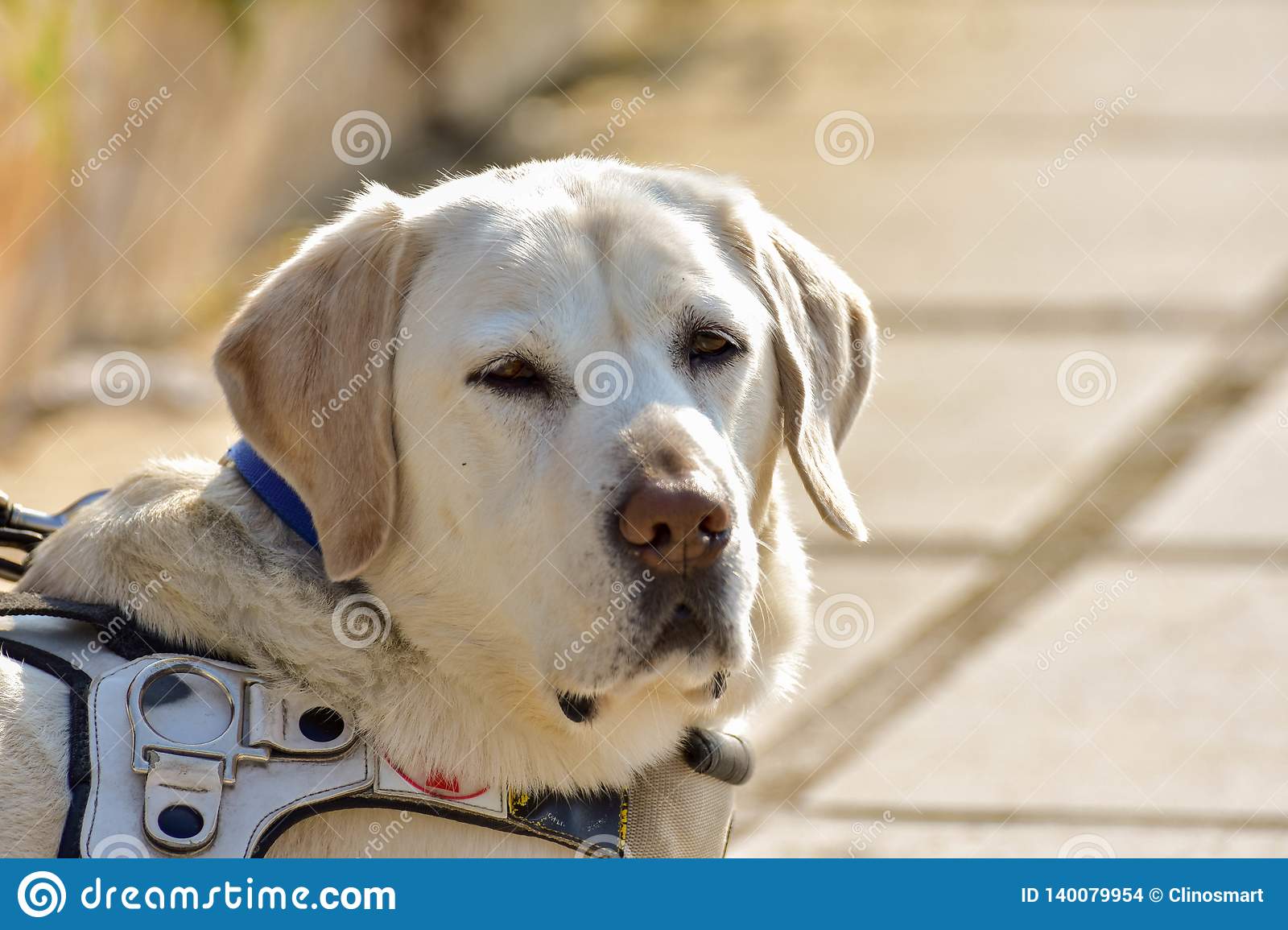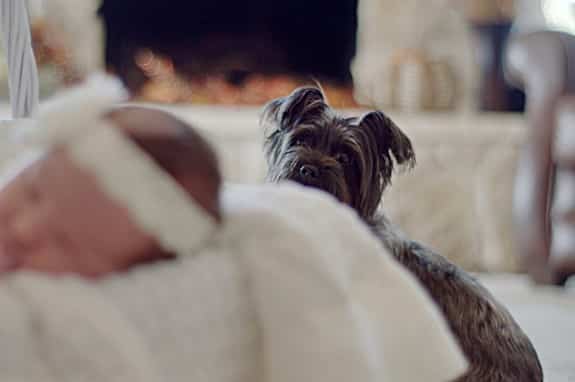
Dogs with anxiety need to be treated by both behavioral modification and medical treatment. If you notice that your pet exhibits these symptoms, consult with your veterinarian. Anxiety may be a sign that your pet is suffering from a more serious medical condition. Consult your veterinarian for the diagnosis. Sometimes, the vet can rule out other conditions. These symptoms may indicate that your dog needs special medication.
Medications can be an effective treatment for dogs with anxiety. The severity and duration the symptoms are will determine the duration of therapy. The average treatment takes between four and six weeks. Prescription medication is not recommended for all pets and should only be used as an option if other options have failed. Hospitalization may be necessary in severe cases. While medication is not recommended for all dogs and cats, it can be beneficial for those who are truly anxious.

An aging dog might be experiencing anxiety due to a trigger. In such cases, it is important to identify the trigger and expose your dog to it frequently. You can take your keys with you and go around your house if your dog is afraid to leave home. This can be repeated several times per day. You can help your dog develop a healthy fear response by gradually increasing exposure.
Sometimes, dogs are overly sensitive to stressful situations and require comfort. You should seek professional help if your dog shows these symptoms. Dog anxiety isn't a condition that will go away by itself. However, it is possible to manage anxiety. What are your options for anxiety treatment in dogs? There are many effective ways to treat anxiety in dogs. The first step in treating anxiety in dogs is to determine its exact cause.
You should consult your veterinarian if your dog is suffering from anxiety. Your vet will be able to identify the type and cause of your dog’s anxiety. Your vet will be able to recommend a treatment plan if the anxiety is not severe. You should consult your veterinarian immediately if your dog is experiencing excessive anxiety. It is important that you treat your dog immediately. You should consider medication if your dog is suffering from high levels of anxiety.

If you suspect that your dog has anxiety, you should consider medication. This medication may help your dog to cope with anxiety. Some medications are available in tablet, capsule, or liquid forms. You may also be able to offer behavioral therapy for your dog. These can be very effective in relieving anxiety in your pet. However, medication for anxiety in dogs is not a quick fix and treatment will not happen overnight. You should work with your dog for a longer time in order to help it overcome anxiety.
FAQ
What type of food should I give my dog to eat?
It is important to give your dog a healthy diet.
Some foods that are high in protein include chicken, beef, fish, eggs, and dairy products.
Other foods high-carbohydrate include fruits, vegetables (including bread), cereals, pasta, potatoes, rice, and beans.
Foods that are low in fat include lean meats, poultry, fish, nuts, seeds, and whole grains.
Before giving your dog any new foods, consult your veterinarian.
What should you think about when purchasing a pet for your family?
The first thing to consider is what kind of lifestyle you want for yourself and your family. Do you have kids? Do you have children? How old are they now Are there any special dietary requirements?
Are you concerned about allergies? Is there anything you need to know more about your pet
After answering these questions, consider whether you are looking for an active companion or a calm lap dog, a house-trained pet, or a tank of tropical fish.
If you're considering adopting a puppy, make sure you visit a shelter or rescue group where you can meet the animals and see if you feel comfortable with them.
You should also verify that the animal has been vaccinated to prevent rabies, and other diseases.
The owner should also be asked if the animal will be taken care of while you're away. This will ensure that you don't have to worry about leaving the pet alone.
You should remember that pets are a part of your family and that you should not adopt them unless you truly love them!
How often should my dog be groomed?
It is essential to groom your dog. Grooming your pet helps keep it clean and maintains his coat.
You should brush your dog at least twice per week. Brush your dog after every meal.
Your dog's fur can be cleaned by brushing it. This will get rid of dirt and hair. Brushing your dog's teeth will make him look more healthy.
It is important to brush his ears in order to prevent ear infection.
What length of time should a dog spend indoors?
Dogs are naturally curious. Dogs need an outlet to express their curiosity. If they don't have a place to go, they can be destructive. This can lead to many problems, including the destruction of property and injury to people.
It is important that dogs are kept on a lead when they go outside. They can explore their surroundings safely while being kept in check.
Dogs will get bored and restless if they are kept inside for too long. He will begin to chew furniture and other things. He could also develop health problems if his nails grow too long.
It is best to allow your dog to run free at least one day per week to avoid these unfortunate consequences. Go for a stroll around the neighbourhood, take him on a car ride, or take him to the dog park.
This will enable him to use his energy for something productive.
How to feed a pet.
Dogs and cats eat four times a day. Dry kibble is used for breakfast. Lunch usually consists of some type of meat such as chicken or beef. Dinner is typically a variety of vegetables such as broccoli and peas.
Cats have different dietary requirements. Canadian foods should be part of their diet. These include chicken, tuna fish, salmon and sardines.
You pet might also like to eat fruits and vegetables. However, they shouldn't be given too often. Overeating can cause illness in cats.
You should not allow your pet to drink straight from the tap. Instead, let your pet drink water from a bowl.
Your pet should get enough exercise. Exercise keeps your pet's weight down. Exercise keeps him fit and healthy.
After you have given your pet food, clean up the dishes. This will help prevent your pet ingesting bacteria.
Make sure to brush your pet every day. Brushing dead skin cells can cause infection.
Brush your pet at least twice a week. Use a soft bristle hairbrush. Use a soft bristle brush. This can damage your pet's teeth.
Be sure to supervise your pet as he eats. He should be able to properly chew his food. He could choke on bones if he doesn't.
Garbage cans should be kept away from your pet. This can be harmful to your pet's overall health.
Do not leave your pet unattended in enclosed spaces. This includes hot tubs, hot boats, and cars.
What is the best pet?
The best pet is the one you love. There is no right or wrong answer. Each person will have his or her own opinion on which pet is best.
Some people believe cats are better than dogs. Others believe dogs are more loyal, loving, and affectionate. Still, others argue that birds are the best pet.
However, no matter what pet you choose to have, you need to decide which pet is best for you.
A dog is the best choice for someone who is outgoing, friendly, and affectionate. A cat or dog would be the best for you, if you are shy and reserved.
Also, take into account the size your house or apartment. A small apartment means that you'll need a smaller pet. However, a larger house will mean that your pet will need more space.
Remember, pets need lots and lots of attention. They must be fed often. They should be taken on walks. You should also brush and clean them.
All these factors will enable you to select the best pet.
What should I do before buying an exotic animal?
Before you purchase an exotic pet, you should think about these things. First, you must decide if you will keep the animal as an exotic pet or if your intention to sell it. If you are keeping the animal as your pet, ensure that you have enough space. Also, it is important to calculate how much time you will spend caring for the animal. It is not easy to care for an animal. However, they provide great companionship.
If you plan to sell the animal, then you need to find someone who wants to buy it from you. Make sure the person buying your animal knows how to take care of it. Don't give your animal too much food. This could lead to other health issues later.
You need to thoroughly research exotic pets before buying them. Many websites have information on many species of pets. Avoid falling for any scams.
Statistics
- It is estimated that the average cost per year of owning a cat or dog is about $1,000. (sspca.org)
- For example, if your policy has a 90% reimbursement rate and you've already met your deductible, your insurer would pay you 90% of the amount you paid the vet, as long as you're still below the coverage limits of your policy. (usnews.com)
- Here's a sobering reality: when you add up vaccinations, health exams, heartworm medications, litter, collars and leashes, food, and grooming, you can expect a bill of at least $1,000 a year, according to SSPCA. (bustle.com)
- Pet insurance helps pay for your pet's medical care, with many policies covering up to 90 percent of your vet bills. (money.com)
- Reimbursement rates vary by insurer, but common rates range from 60% to 100% of your veterinary bill. (usnews.com)
External Links
How To
How to train your dog
A pet dog is an animal companion who provides companionship and emotional support for its owner. It may protect its owner from predators and animals.
Dog owners should train their pet to be able to retrieve items, guard against intruders and obey orders.
The average time for training is between six months to two years. The owner teaches the dog basic obedience skills such as how to sit, lay down, stay, come on command, roll over, and walk on command. The owner also teaches the dog how to use basic commands and to respect the dog's natural instincts.
In addition to teaching the dog these basic behaviors, the owner should teach the dog not to bite people or other animals and to respond appropriately to strangers and other unfamiliar situations.